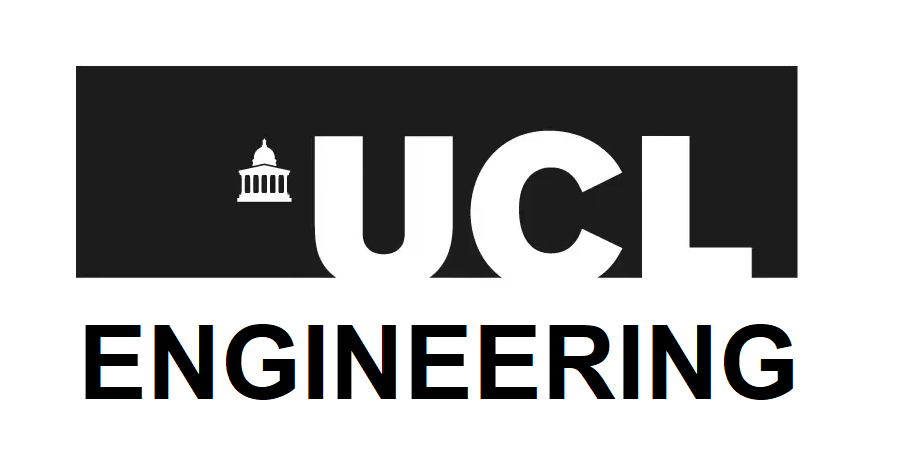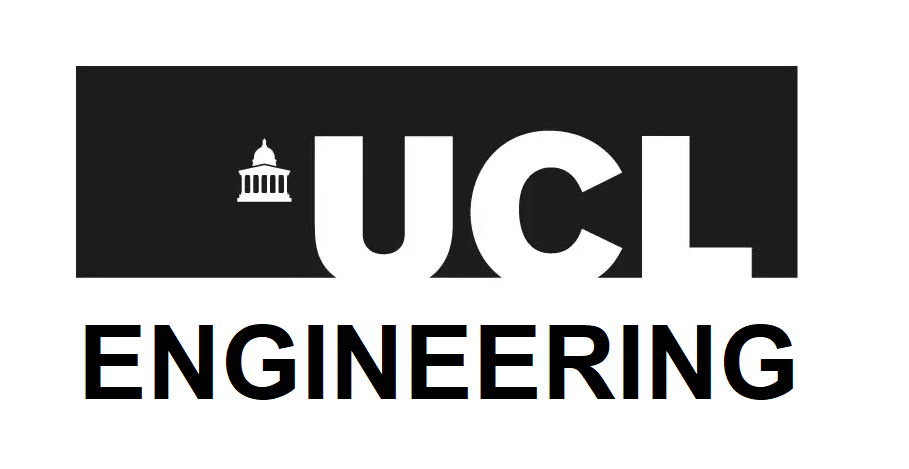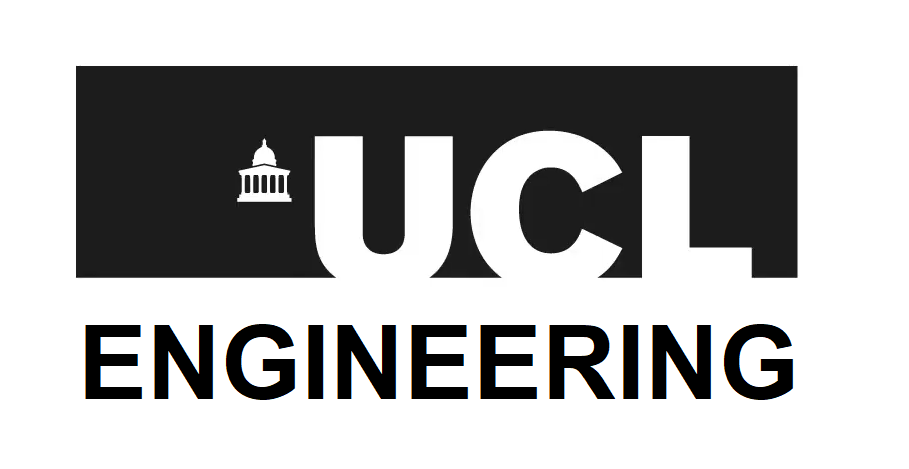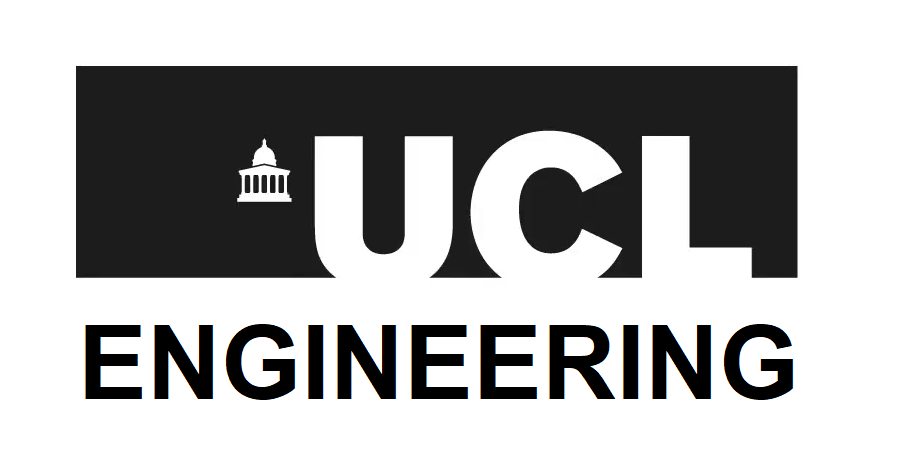University College London - UCL Engineering
University College London (UCL) is one of the premier universities in the UK, with a strong emphasis on research covering all areas including Science, Engineering and Medicine. UCL has been consistently ranked as one of the top universities in the world. UCL has 30 Nobel laureates, 11 academic faculties, over 45,000 students and over 14,000 employees. The first university in England to admit women on equal terms with men in 1878; the first to admit students regardless of race, class or religion; and to offer systematic teaching of Medicine, Law and Engineering. Today, UCL holds a Silver Athena SWAN Award (framework to transform gender equality in higher education) and a Race Equality Charter Bronze Award. UCL Engineering is proudly international with 6756 staff and students from over 120 nations.
UCL consistently pushes the boundaries of pedagogy, through its award-winning teaching, research and education engagement. UCL has the 1st Laboratory devoted to Engineering Education, is 2nd in research power in the Research Excellence Framework and have been awarded with the Higher Education Academy Collaborative Award for Teaching Excellence. UCL Engineering has developed a strong reputation for schools engagement. Gender equality and inclusion is one of the faculty’s strategic priorities. UCL's award-winning 50.50 Engineering Engagement Initiative has created a step change in the representation of girls, women and ethnic minorities in STEM programmes. Its activities are free and open to all and we insist on 50% participation of girls in all our programmes.
UCL Engineering has developed a strong reputation for schools engagement. For 2022-2023 some of the major initiatives and programmes that we are planning are:
- STEM Literacy programme in primary schools with Royal Society and STEM Learning (national scale)
- STEM Learning & UCL Engineering ENTHUSE Programme for secondary schools (London)
- UCL Engineering Mentoring Programme for 11-17 year olds (regional and national scale)
- Virtual Work Experience for 15-17 year olds with Institution of Mechanical Engineers (national scale)
- Research Placements in UCL Engineering Labs for 15-17 year olds with In2Science (national scale)
- STEM Action Research Project with teachers on social mobility in STEM with Royal Academy of Engineering (national scale)
- Green Engineering Careers with Tomorrow’s Engineers & NEON (national scale)
- Teacher CPD and teacher placements with STEM Learning (London)
Areas of UCL's expertise include:
- Inclusion and Gender Equality. Advising policymakers and different stakeholders on inclusion and gender equality in STEM. Developing strategies and designing interventions in partnership with government and STEM education organisations (national & international).
- Connected Curriculum. Working with STEM organisations, government and industry in designing and delivering curriculum based STEM resources and activities linked to real-world engineering.
- Teacher Professional Development. Working with STEM organisations and industry to upskill and train teachers and STEM Ambassadors, through training programmes and teacher placements.
- STEM Career Pathways. Developing and delivering materials, resources and programmes that raise awareness in young people of the exciting and wide-ranging careers and degrees “in” and “from” STEM. Offering skills bootcamps, speed-networking events and work experience placements to help them develop employability, entrepreneurial and digital skills.









